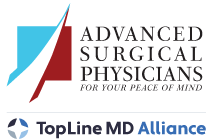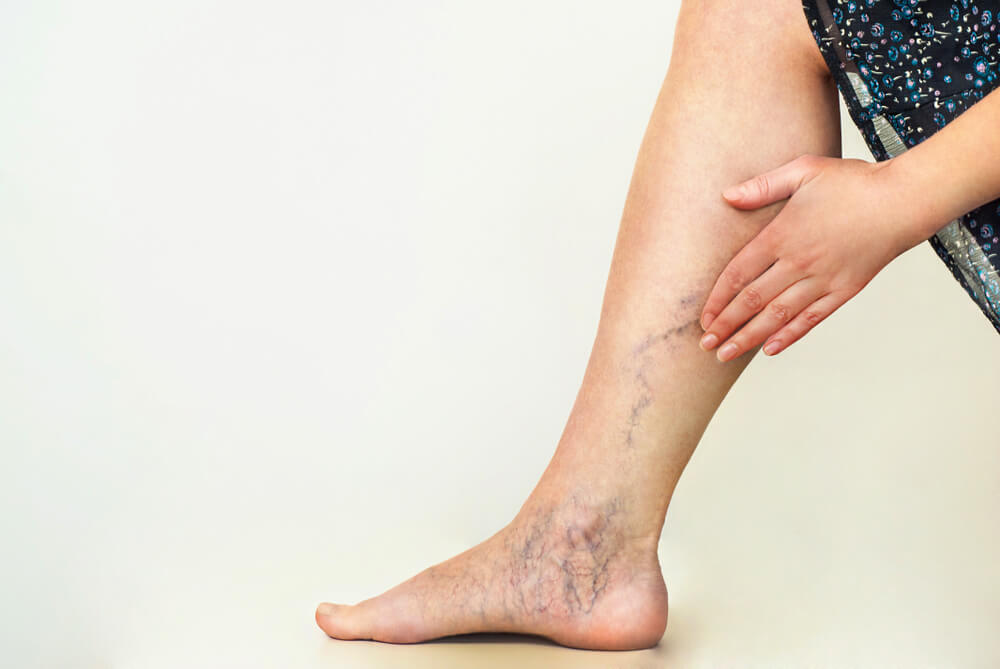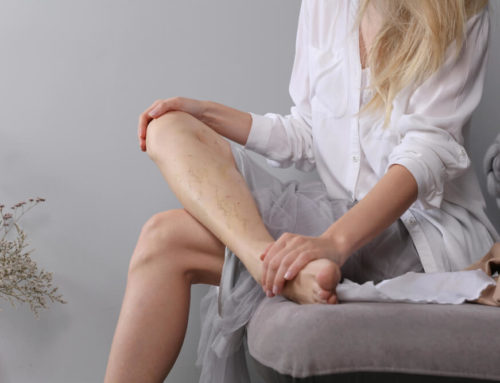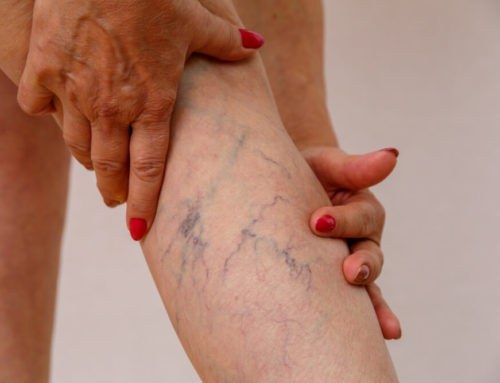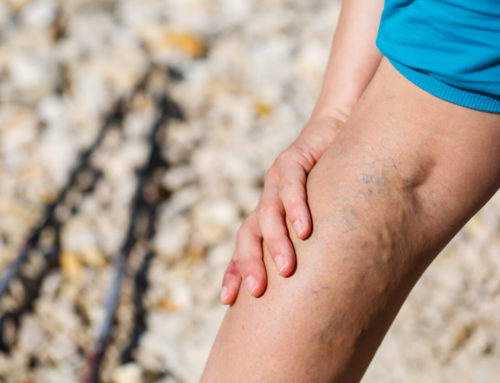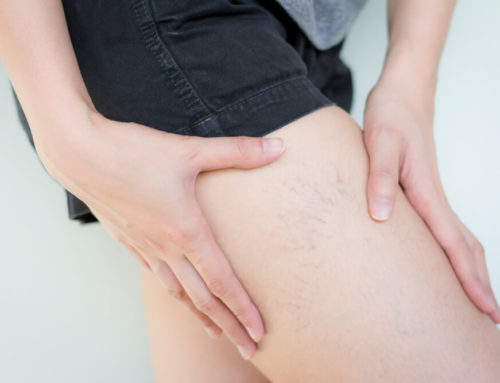Varicose veins are enlarged, twisted veins that often run along the legs or other parts of the body. These veins can be quite uncomfortable, so it is important to try to prevent them if possible. There are certain risk factors that increase your chances of getting varicose veins. Learning a little about the risk factors for varicose veins can help reduce your chances of developing this condition.
Age
As you get older, you are far more likely to develop varicose veins. Almost no children and teens have them while the majority of seniors do. To understand why this happens, it is helpful to see what causes varicose veins. A varicose vein occurs whenever a vein stops working properly.
Veins contain several one-way valves that keep blood moving forward. If the valve fails, blood can start flowing backward. This blood pools, putting pressure on the walls of veins. Over time, the vein starts to deform, bulging, and twisting abnormally.
The main reason that your vein valves and walls start to fail is simply due to wear and tear. The older you are, the more your vein walls and valves have been through. You often start to see varicose vein formation happening in the legs. Since this part of the body is the farthest from your heart, blood is more likely to collect there and cause damage.
Since it is impossible to halt aging, it is fairly impossible to prevent this risk factor. Instead, you just need to be aware of the potential for a varicose vein. As you get older, you need to check your veins regularly and promptly see a varicose veins specialist if any veins look abnormal.
Obesity
If you are medically obese, you are more likely to develop a varicose vein. The added weight puts physical pressure on your veins. Furthermore, your entire circulatory system is likely to strain from the extra effort of maintaining so much weight. People who are obese tend to have high blood pressure, which is one of the key risk factors for a varicose vein. All of these contributing factors mean that obese people are likely to end up needing a varicose veins specialist.
If you are obese, there are several things you can do to reduce your risk of getting a varicose vein. In general, reducing caloric intake and exercising more frequently can help you maintain a healthy weight. However, figuring all of this out on your own can be tricky. You may want to consult with a nutritionist and a physical therapist to find the safest way of losing weight.
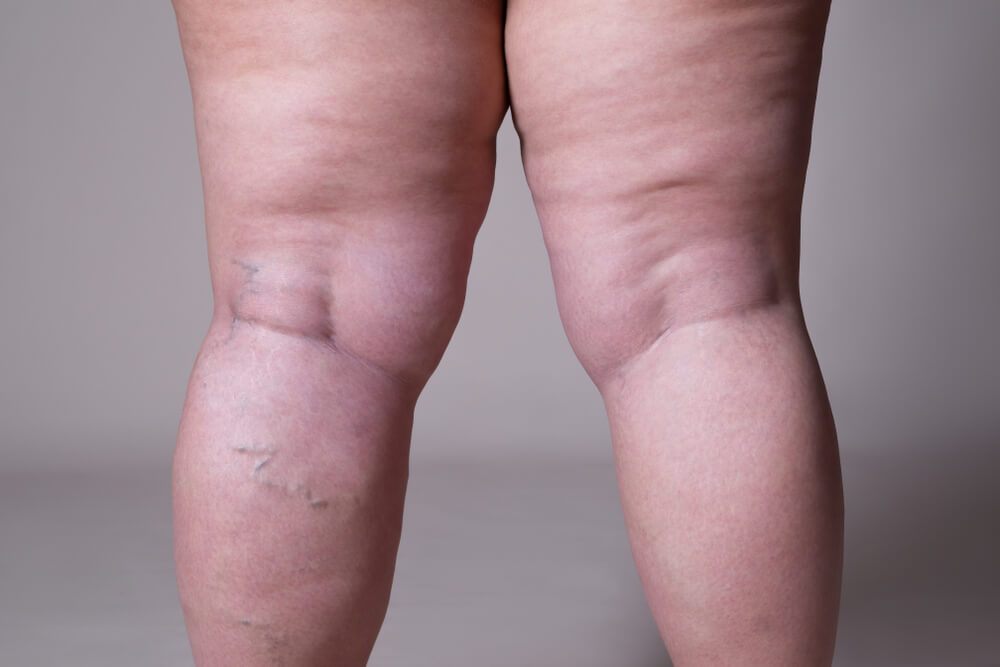
Sex
Female hormones can cause vein walls to slightly relax. This weakening of vein walls makes bulging and varicose development more likely. Therefore, women end up with a higher overall risk of getting a varicose vein. The chance of developing a vein is especially common when a woman experiences a huge hormonal shift. Menopause is particularly likely to result in a varicose vein.
Though hormones are the main reason women are more likely to get a varicose vein, another surprising risk factor is at play. Tight hosiery and high heels both tend to impact vein functioning and increase varicose vein risks. Since women are more likely to wear these clothing articles, they are more likely to suffer from the increased varicose vein risk.
Pregnancy
In addition to sex, pregnancy can further increase a person’s chance of developing a varicose vein. Pregnancy is one of the common risk factors for a varicose vein because it changes how your body handles blood. When you are pregnant, your overall volume of blood increases. This places a lot of pressure on the walls of your veins.
If you are pregnant, you need to be especially careful to stay active, watch your weight, and avoid excessive sodium. Ultimately though, there is nothing you can do to entirely avoid pregnancy’s effects on your veins.
If you get pregnant, your risk of a varicose vein will be slightly higher overall. Are varicose veins dangerous during pregnancy? Sometimes, if you get them while pregnant, they will go away. However, they increase the risk of blood clots that can harm both mother and child. Therefore, it is important for your doctor to be aware of any varicose vein development that happens during your pregnancy.
Genetics
Sometimes, there is simply nothing you can do to avoid a varicose vein. If you have another family member who has developed the conditions before, you are more likely to get them yourself. What causes varicose veins to run in families? This seems to occur if you have certain genes that affect how your blood vessels form.
A varicose vein is more likely to happen when one-way valves inside of your blood vessels weaken. This causes blood to flow backward, deforming the vein over time. This structural abnormality is often genetic. If your parents or grandparents have been complaining about their veins, you may end up seeing a varicose veins specialist yourself.
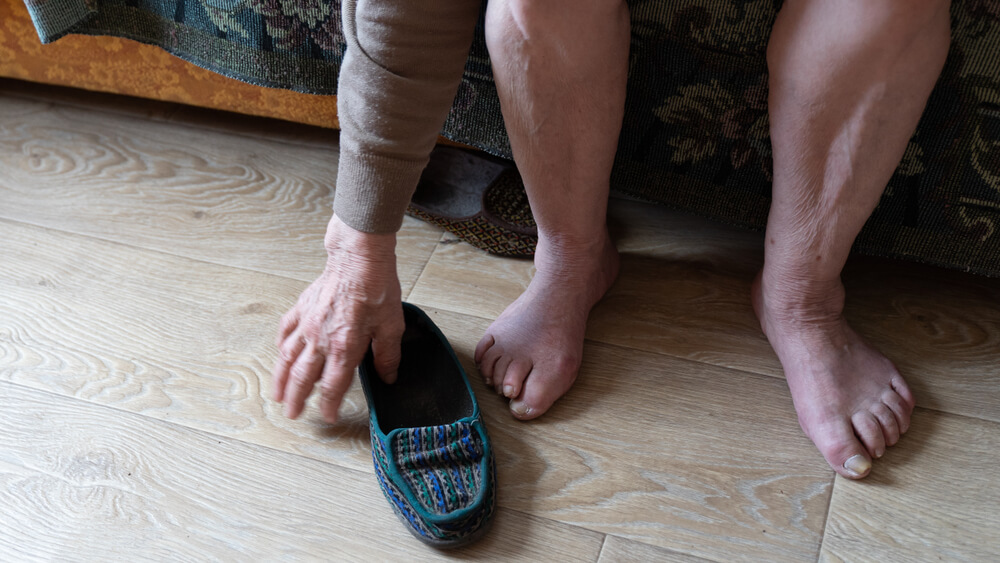
Inactivity
Statistically, those who are inactive for long periods of time are far more likely to have a varicose vein. This happens because your circulatory system works best when you move around. If you stay in one position too long, blood can pool in your lower extremities. This puts more pressure on veins, causing them to bulge. Both sitting and standing for lengthy amounts of time put you at risk for developing a varicose vein.
Treating varicose veins is possible, but it can be a little tricky and time-consuming. Therefore, your best option is always to prevent them when possible. Fortunately, inactivity is one of the most preventable risk factors for a varicose vein.
If you spend a lot of time sitting or standing, you need to try to change your posture regularly. Take breaks every hour or two to give your feet a rest if you stand a lot. Prop them above your heart to assist with blood flow. If you sit a lot, try to take a break every hour or two. Walk around and get your blood flowing again.
As you can see, there are all sorts of reasons you can get a varicose vein, and if you’re dealing with this condition, it can be a good idea to see a specialist as soon as possible. At Advanced Surgical Physicians, we offer some of the most effective varicose vein treatments available. Our specialists provide personalized care in a medically advanced setting. Ready to say goodbye to unsightly and uncomfortable veins? Give us a call today to schedule an appointment with one of our experienced physicians.

